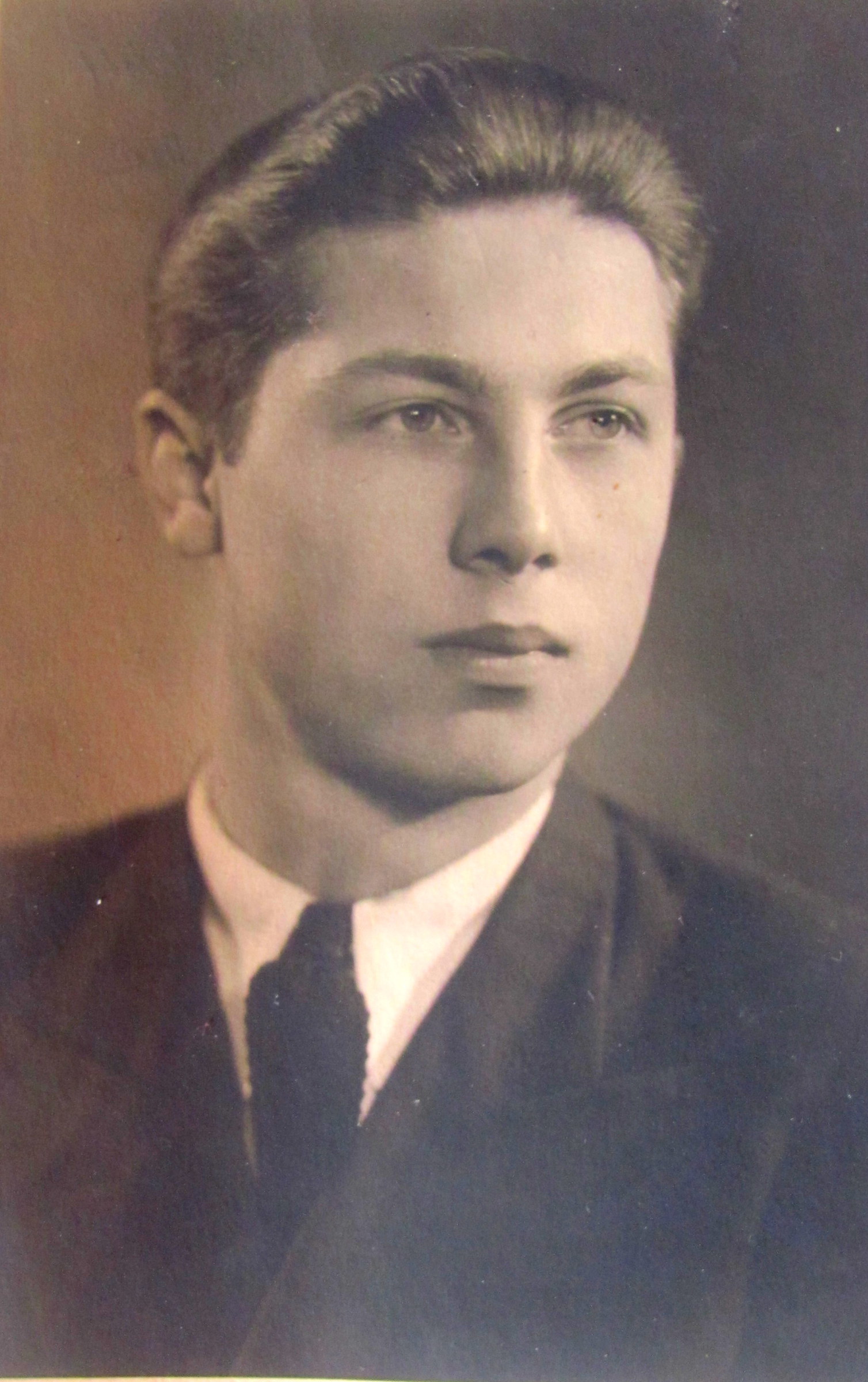To be a decent person, to take care of family and to bid farewell to those who are passing away to eternity

Stáhnout obrázek
Zdeněk Hejmala was born on 6 December 1924 in Česká near Brno. Together with his brother they became orphans very early, his parents died in 1935 and 1938. During the World War II he was forced to work in the Kuřim branch of a German company. He came into conflict with the Gestapo and was threatened with transfer to a concentration camp. Thanks to his grandparents´ and family´s support, he graduated from a secondary technical school. After the war he became involved in the Czechoslovak National Socialist Party in Moravia. Together with other party members, he says to have helped many people to emigrate from totalitarian Czechoslovakia after February 1948. Although State Security did not discover his connection with the illegal group Rozvodněná Dyje (Swollen Dyje), which activities have been overlooked up to now, he was described as a politically unreliable person in his cadre materials. Despite having good study capacities, the regime never allowed him to study at university.









